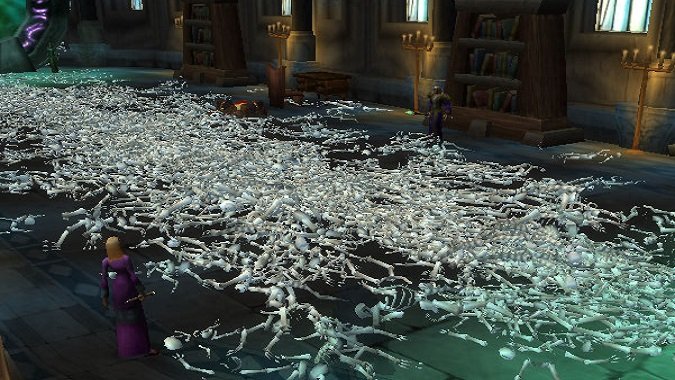When I try to recall my earliest memories of digital technology, the image of my seven years emerged at first. At that time, computers were still a fashionable and expensive thing to many people, but to me, they were like a magic box.
Age seven: first encounters
At seven, I first touched a computer. Not for school, but for watching animations, pirated animations. Although I cannot remmember what I watched or what my initial experience was like; back then, I even did not know what compressed files were, or how data moved through wires or network cables. But the most direct expression of digital technology: images and sounds transcended the limitations of television broadcast time and location and reached me directly. At that time, I looked forward to watching cartoons on my computer every weekend.
Age Nine: computer classes begin
When I was nine, coputer lessons started at school. The teacher talked about early versions of Windows: what the Start Menu was, what icons were, what “My Computer” represented. The functions of Windows Explorer, basic file structure. But there was no hands-on work at first. We sat and listened, but never really touched the machine. It seemed that I learned many vocabulary, but I did not learn doing.
First practical skills: typing and PPTs, but without guidance
Later the class started practical sessions, Twice a week. The class size was large, about 50 students. What we practiced: typing and making simple PowerPoint presentations. We did copy-and -paste, basic formatting, images inserting. But the teacher never gave effective guidance. There was no constructive feedbacks, no errors were corrected in meaningful ways. Nothing beyond: “Your PPT needs improvement.” But how and what to improve?
I tried to study many basic operations: splitting the screen, copying text from one program to another, saving files, the difference between launching programs on the desktop and from “My Computer”, and what a file path is. None of these were even taught in detail. The course felt superficial. I remember often feeling frustrated, “Why is this so hard?”, and thinking, perhaps I simply was not good at computers.
Reflections: it was hard, but looking back, it was not that hard
Now, years later, I look back and think: was it really hard? Probably not. The operations I thought were elusive: like copy-paste, opening/closing, splitting the screen, are bascis that anyone who uses a computer regularly can do without thinking. The frustration was real at the time, though information poverty, lack of guidance, lack of practice, lack of feedback.
With hindsight, I see that what made it feel difficult was the teaching environment. Big class sizes, minimal hands-on time, no assessment, no individual help. And above all, purposes of the course/education would be theoretical rather than practical. More on rote memories rather than application.
Unequal access and cognitive inequality
Another thing I realize now is how unevenly computer access and digital literacy have been distributed. To be more specific, in more developed, wealthier areas, many children get computers early: parents might provide laptops; shools may offer coding clubs; one might begin to learn a programming language when he/she is young. For those growing up in remote or economically poorer areas, that access comes much later sometimes only in university.
This leads to what I would call cognitive inequality. Not just unequal access to devices or internet, but unequal opportunities to learn what digital technology can do, to experiment, to fail and to try again. When you do not get hands-on, when you do not get feedback, when there is no assessment pushing you, many small gaps in understanding accumulate.
End
Looking back now, my earliest memory of digital technology is related to happiness, confusion and frustration, and also hope. Happiness because of animations, confusion at menus and files that nobody explained neatly, frustration at not knowing how to do the things easily. But hope because it shows: even minimal exposure makes a difference.



Recent Comments